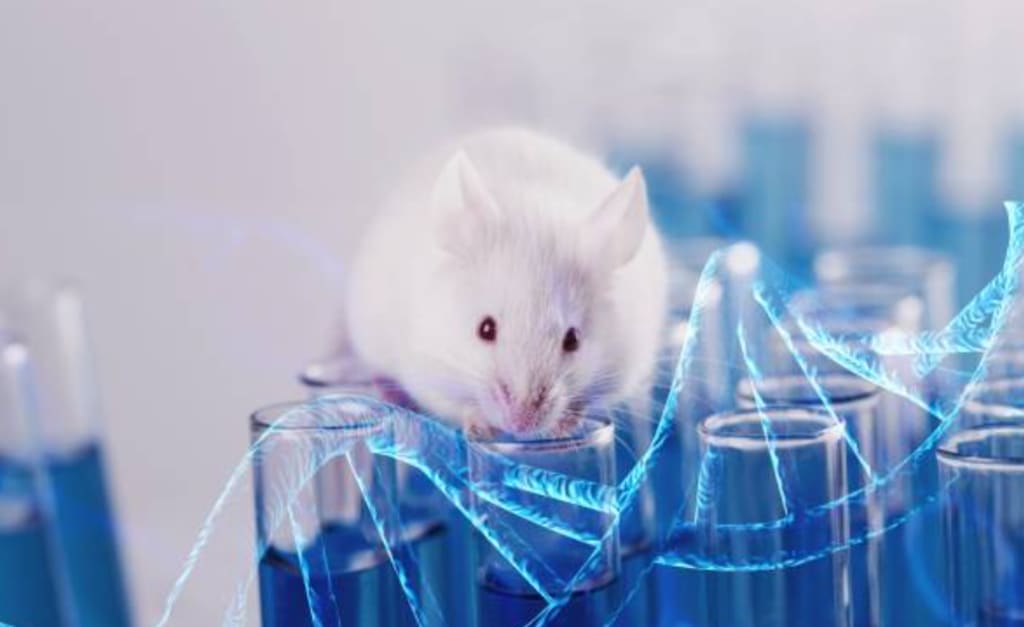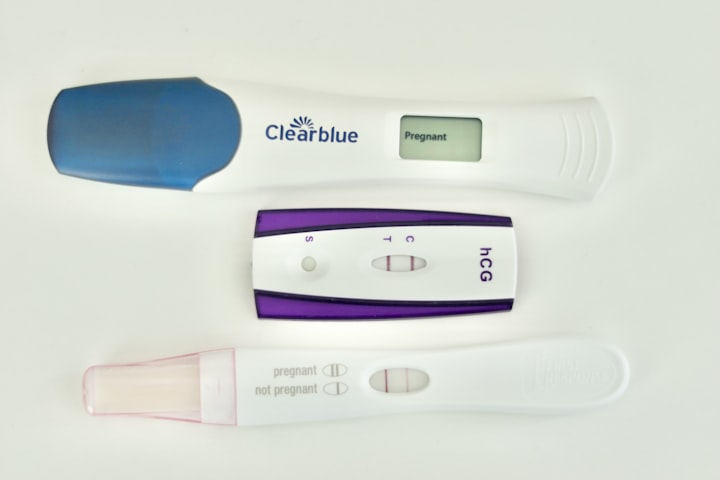Cell reprogramming: a big step towards healthy life-extension
Rejuvenate Bio, a San Diego start-up, used gene therapy to add three powerful reprogramming genes to the bodies of mice. After the treatment, their remaining life span was doubled.

Scientists have for long been studying how to lengthen the healthy lifespan of humans from a variety of perspertives. From fighting diseases to preventive approaches like improving nutrition, exercise or microbiome. Lately, strategies like caloric restriction have attracted a lot of attention, demonstrating promising results in primates [1].
But another approach to extend healthy life span has been longly pursued by the scientific community. It consists in reprogramming cells to reset them to a younger state. Japanese biologist Shinya Yamanaka came up with this technique in 2012 and was shown to work on single cells in the laboratory. This work was so revolutionary that it earned Yamanaka a Nobel Prize. Four years later, scientists at the Salk Institute decided to try the technique on living mice suffering from a premature aging condition, similar to a human disease called progeria. They exposed entire mice to the factors for brief periods of time and found that they were able to survive longer. The obvious next step, and one necessary to call reprogramming a true anti-aging intervention, was to show that it could extend the life of healthy mice too. When several years passed without such a report, doubts began to increase if it would work. Last year, however, a first report emerged from a team working with mice that were genetically engineered from birth to produce Yamanaka’s special factors in their bodies. That team, at the National Institute of Health and Medical Research, found a trend towards longer life span, but the report was considered preliminary. However, the proof of concept of this method arrived last year from a small biotech company.
The company Rejuvenate Bio claims to have proven to rejuvenate old mice and extend their lives. This result suggests that one day older people could have their biological clocks turned back with an injection: literally becoming younger! The life-extension claim in rodents, made by Rejuvenate Bio, a San Diego biotech company, appears in a preprint paper on the website BioRxiv [2] and hasn’t been peer reviewed yet.
The company used gene therapy to add three powerful reprogramming genes to the bodies of mice that were equivalent in age to human 77-year-olds. After the treatment, their remaining life span was doubled. Treated mice lived another 18 weeks, on average, while control mice died in nine weeks. Overall, the treated mice lived about 7% longer. Although the increase in lifespan was modest, the research provides a demonstration of age reversal in an animal.
But before we can celebrate Rejuvenate Bio's discoveries as a scientific breakthrough, outside researchers will need to go through the startup's claims with a fine-toothed comb.For one, we still don't fully understand the risks of reprogramming genes in this manner. Some tests have already shown to cause cancer in mice, as MIT Tech points out. And, at the end of the day, mice are tiny and short lived compared to humans.
Despite the potential risks, the results of the study by Rejuvenate Bio are incredibly promising and a new big step forward to attain new treatments for aging and all age-related diseases. The company is working on similar therapies for both pet dogs and humans suffering from specific medical conditions including heart failure.
[1] Pifferi, F., Terrien, J., Perret, M. et al. Promoting healthspan and lifespan with caloric restriction in primates. Commun Biol 2, 107 (2019).
[2] Macip, C. C., Hasan, R., Hoznek, V., Kim, J., Metzger IV, L. E., Sethna, S., & Davidsohn, N. (2023). Gene Therapy Mediated Partial Reprogramming Extends Lifespan and Reverses Age-Related Changes in Aged Mice. bioRxiv, 2023-01.





Comments
There are no comments for this story
Be the first to respond and start the conversation.